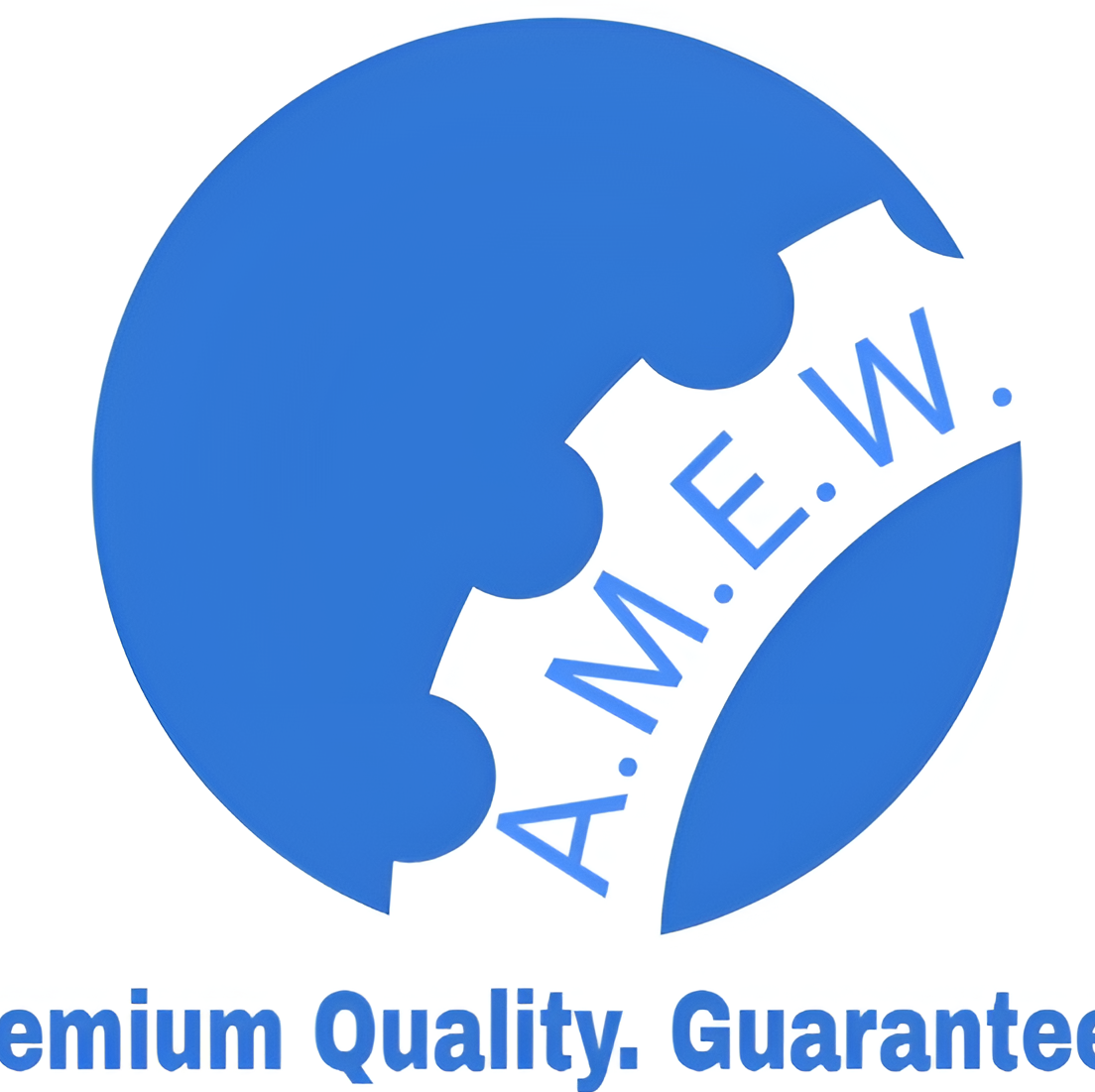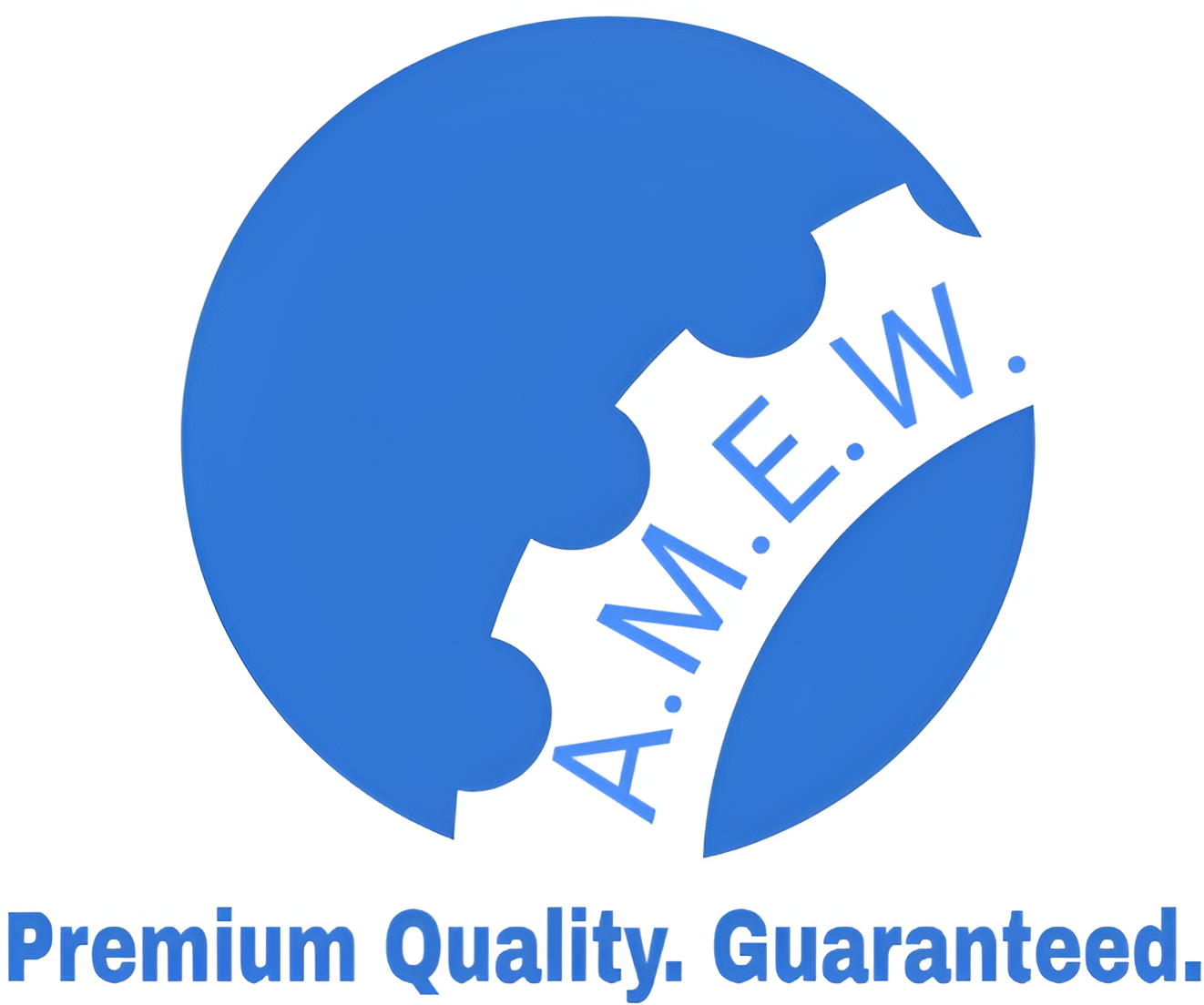Custom Stainless Steel Forging – Precision Engineering for High-Performance Components
Introduction to Custom Stainless Steel Forging
Custom stainless steel forging is a manufacturing process that shapes stainless steel using compressive forces, producing strong, durable, and corrosion-resistant components. Unlike casting or machining, forging aligns the metal’s grain flow, which improves its mechanical properties and enhances fatigue resistance.
Custom stainless steel forging is widely used in industries such as aerospace, oil & gas, automotive, marine, and defense, where components must withstand high stress, pressure, and corrosive environments. With advanced forging techniques, manufacturers can produce custom shapes, sizes, and specifications tailored to specific applications.
What is Stainless Steel Forging?
Stainless steel forging is a process in which stainless steel billets or ingots are heated and hammered, pressed, or rolled into the desired shape. Stainless steel is particularly suited for forging because of its strength, high-temperature resistance, and excellent corrosion resistance.
Key Features of Stainless Steel Forging:
-
High strength-to-weight ratio.
-
Resistance to corrosion and oxidation.
-
Customizable shapes and dimensions.
-
Superior surface finish and mechanical properties.
Grades of Stainless Steel Used in Forging
Different grades of stainless steel are selected based on the required properties:
1. Austenitic Stainless Steels (300 Series)
-
Grades: 304, 304L, 316, 316L, 321.
-
Properties: Non-magnetic, excellent corrosion resistance, good ductility.
-
Applications: Marine fittings, food processing equipment, and chemical components.
2. Martensitic Stainless Steels (400 Series)
-
Grades: 410, 420, 431.
-
Properties: High hardness, wear resistance, and moderate corrosion resistance.
-
Applications: Shafts, valves, and turbine blades.
3. Duplex Stainless Steels
-
Grades: 2205, 2507.
-
Properties: High strength, excellent stress corrosion cracking resistance.
-
Applications: Oil & gas equipment, subsea components.
Stainless Steel Forging Process
1. Material Selection:
Choosing the appropriate stainless steel grade based on application.
2. Heating:
The metal billet is heated to a temperature between 1900°F and 2300°F (1038°C – 1260°C).
3. Forging Operation:
-
Open Die Forging: Suitable for large, custom components like shafts or discs.
-
Closed Die Forging: Ideal for high-precision, near-net-shape parts.
-
Ring Rolling: Used to produce seamless forged rings.
4. Heat Treatment:
Processes like annealing, quenching, or tempering improve hardness and toughness.
5. Machining and Finishing:
Precision machining ensures dimensional accuracy, while surface finishing enhances appearance and corrosion resistance.
Benefits of Custom Stainless Steel Forging
-
Superior Strength: Grain flow is aligned to improve tensile strength and fatigue resistance.
-
Corrosion Resistance: Retains stainless steel’s inherent ability to resist rust and oxidation.
-
Durability: Forged components withstand high temperatures and harsh conditions.
-
Customization: Complex geometries and custom designs can be achieved.
-
Cost-Efficiency: Reduces material waste compared to machining from solid blocks.
-
Improved Reliability: Ideal for critical applications where failure is not an option.
Applications of Custom Stainless Steel Forging
-
Aerospace: Aircraft engine components, landing gear, and turbine discs.
-
Automotive: Gear blanks, drive shafts, and axle components.
-
Oil & Gas: Valve bodies, flanges, and drilling components.
-
Marine: Propeller shafts, pump housings, and marine fittings.
-
Medical: Surgical tools and orthopedic implants.
-
Industrial Equipment: High-strength fasteners, couplings, and rings.
Stainless Steel Forging vs. Casting
| Feature | Forging | Casting |
|---|---|---|
| Grain Structure | Aligned for strength | Random, weaker grain flow |
| Strength | Higher tensile and fatigue strength | Lower mechanical properties |
| Porosity | No internal voids or defects | Possible shrinkage and porosity |
| Applications | High-stress environments | Complex shapes with low stress |
Why Choose Custom Stainless Steel Forging?
Custom stainless steel forging ensures that the part meets specific engineering requirements, including shape, size, mechanical properties, and corrosion resistance. Manufacturers can tailor the design and finishing of components to match industry-specific standards like ASTM, ASME, or ISO.
Why Titan Steel for Stainless Steel Forging?
At Titan Steel, we specialize in custom stainless steel forgings designed for demanding industries.
Our Capabilities Include:
-
Open die and closed die forging for various component sizes.
-
Expertise in 300, 400, and duplex stainless steel grades.
-
In-house machining, heat treatment, and testing facilities.
-
ISO-certified quality control to meet global standards.
Contact Us
Looking for custom stainless steel forging solutions?
👉 Get a Quote or call +91 7385863226.
Email: sales@titansteel.in
Visit: Plot No. 15, Khan Compound, Taloja M.I.D.C., Navi-Mumbai 410208, Maharashtra, INDIA.
Final Thoughts
Custom stainless steel forging offers unmatched strength, durability, and corrosion resistance, making it a preferred choice for high-performance industries. Whether you need precision components or large-scale forged parts, Titan Steel ensures exceptional quality and tailored solutions for your needs.

